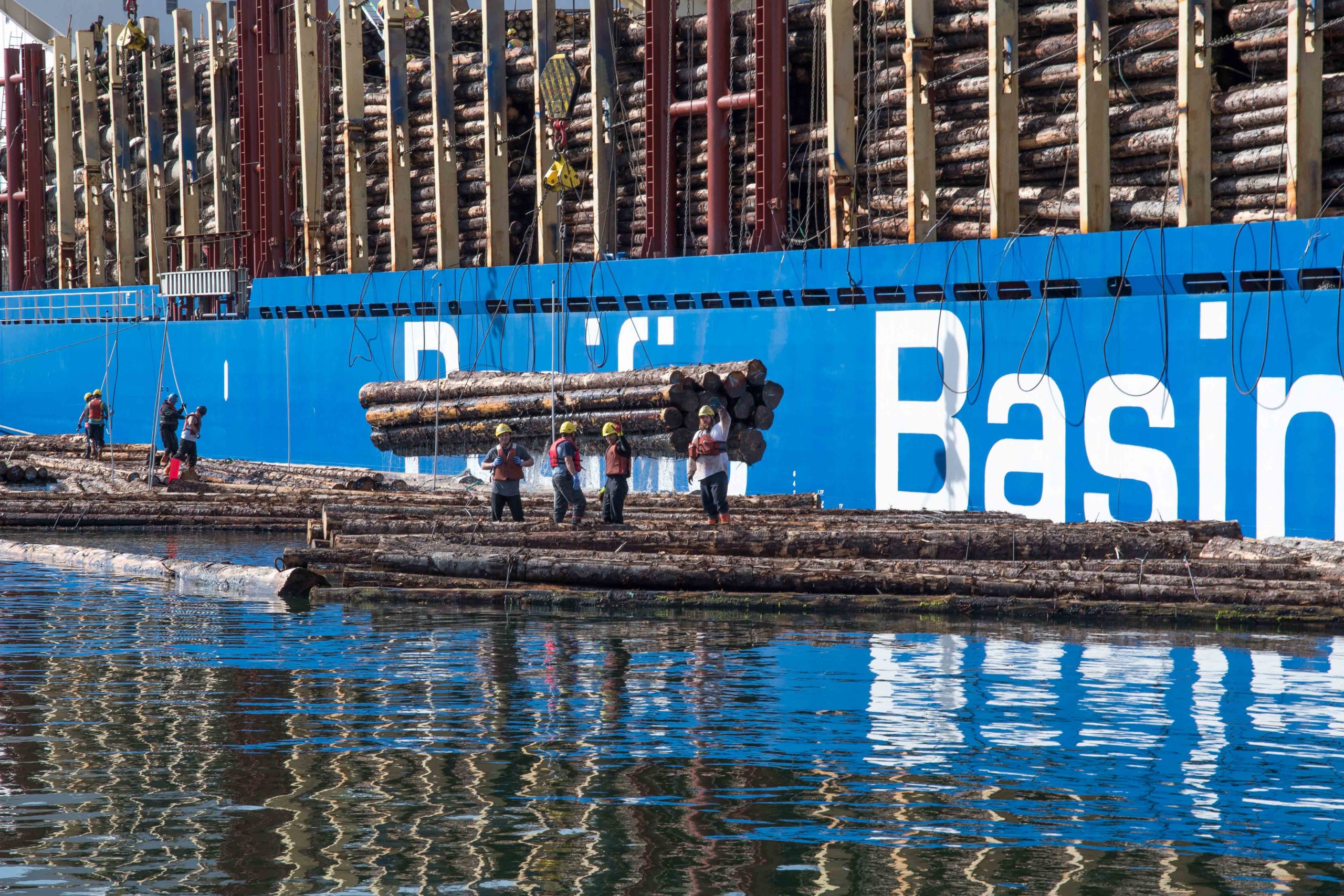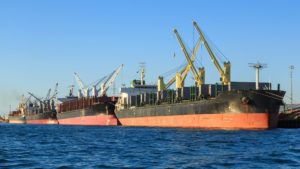Pacific Basin Shipping dry bulk company says is optimistic about the future of the dry bulk market despite short-term headwinds, after generating a net profit of US$85.3 million, according to its 2023 interim financial results.
Pacific Basin booked a net profit of $85.3m in the first six months of 2023, down from $465.1m for the same period last year. Revenue also dropped to $1.15bn.
Martin Fruergaard, CEO of Pacific Basin, said that “for the first half of 2023, we generated an underlying profit of US$76.2 million, net profit of US$85.3 million and Ebitda of US$189.1 million.”
Fruergaard added that ”we continue to maintain a healthy financial position with US$375.1 million of available committed liquidity and have reduced debt while expanding our fleet. Our net borrowings now represent 7% of the net book value of our owned vessels. Additionally, we have increased our list of unencumbered vessels, with 65 currently unmortgaged.”
Pacific Basin anticipates underlying demand and supply fundamentals will allow the company to generate steadier and more sustainable earnings over the long term.
The company anticipates growth in coal, grain and iron ore demand due to changes in trade flows and emerging market economies, as well as China’s post-Covid government policies.
Despite weaker economic activity in the United States and Europe, minor bulk activity remains robust due to China’s post-Covid economic recovery and global green transition initiatives.
Pacific Basin does not expect significant new dry bulk vessel ordering due to the high cost of newbuildings, uncertainty over new environmental regulations, and the higher interest rate environment.
The low orderbook and efforts to reduce carbon intensity will likely lead to lower speeds and increased scrapping in the coming years, potentially creating a shortage of vessels and providing long-term structural undersupply to the market.
In the short term, Pacific Basin believes that global dry bulk demand will continue to be impacted by higher interest rates, inflation and weaker global economic activity with the potential for a recession in some economies.
While China’s reopening has helped dry bulk demand, additional stimulus would be needed to boost demand further. These headwinds will continue to have a negative effect on dry bulk freight rates in the short term and potentially for the remainder of 2023. In the longer term, the company remains optimistic about the supportive fundamentals of dry bulk industry.
The company’s long-term strategy is to grow its owned fleet of supramax vessels by buying modern, second-hand vessels, and to upgrade its older and less-efficient handysize vessels with newer and larger ones. This improves its fleet efficiency, longevity and earnings capacity.
Pacific Basin has acquired more modern vessels including five ultramax vessels, one supramax vessel and one handysize vessel, while selling two older handysize vessels to capture value and adapt to stricter environmental regulations.



